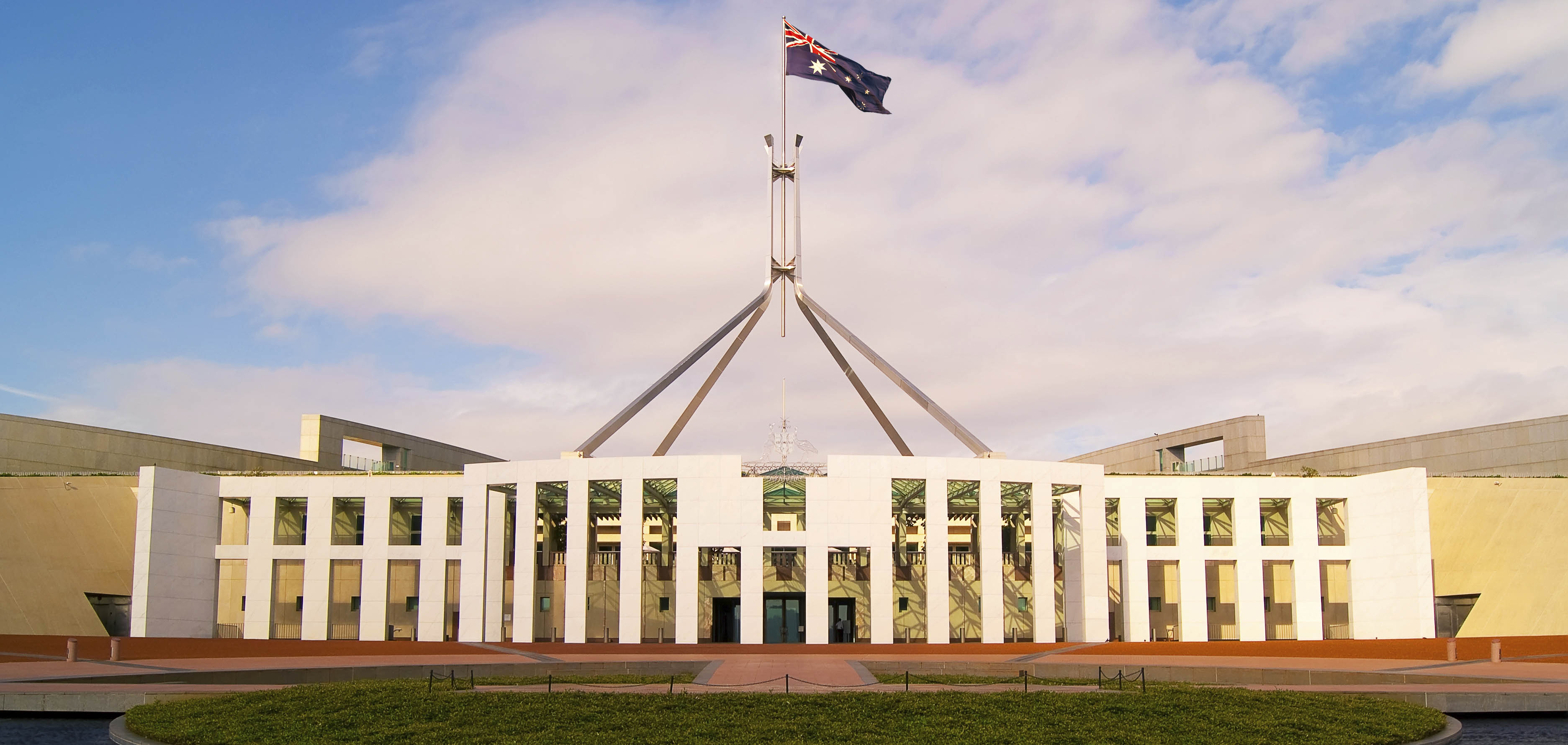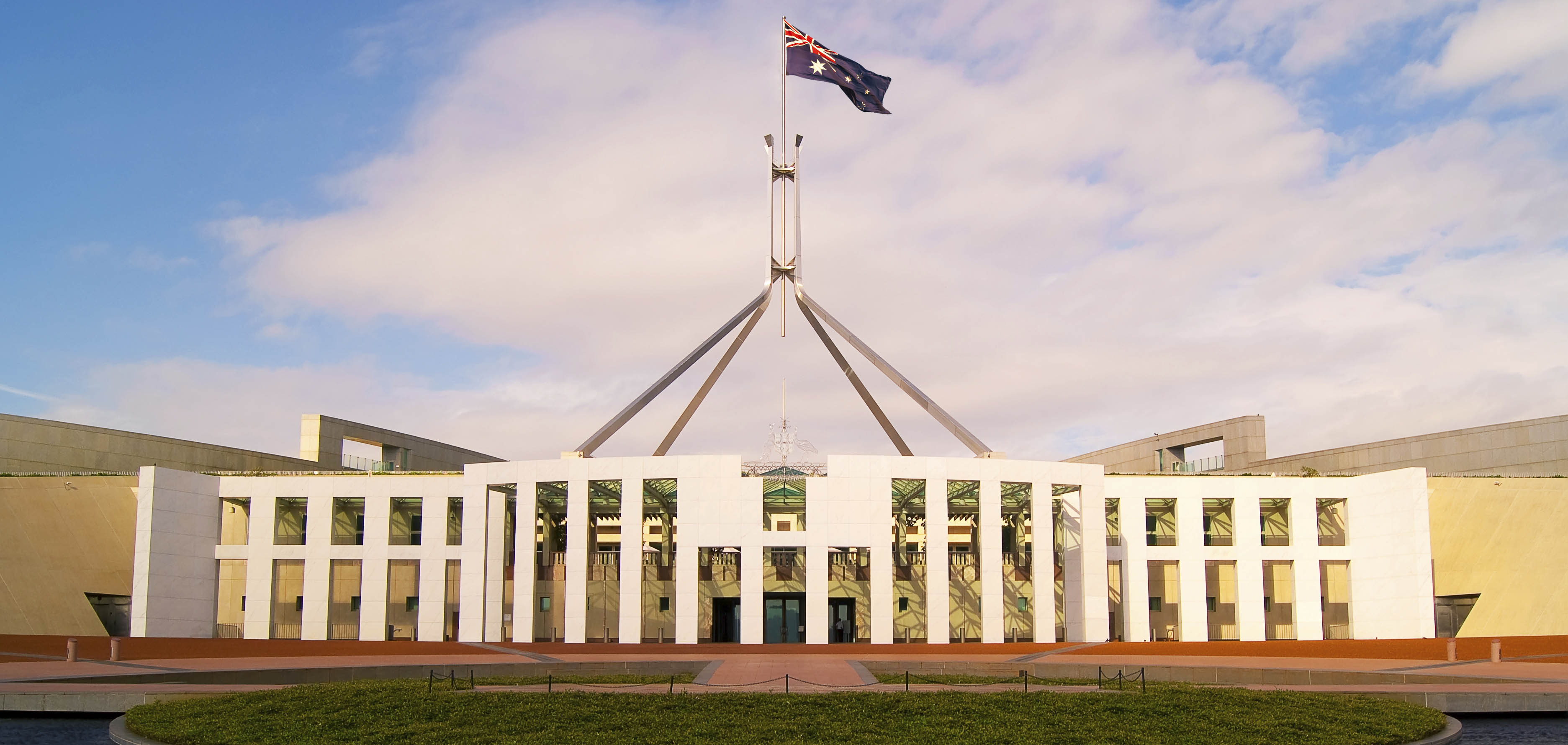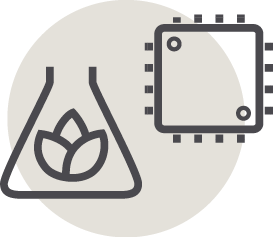Research Australia’s submission to the Taskforce on the Aged Care Workforce Strategy emphasises the technological changes facing the aged care sector in the next decade and beyond, and the opportunities this change provides to improve and extend the quality of life of ageing Australians. It also looks at how the future aged care workforce can be better prepared for the aged care workplace of the future, and the new roles, skills and capabilities this will entail.
Finally, an aged care workforce strategy needs to be integrated with other strategies and work to prepare for the future of aged care service delivery. We need a research and innovation strategy for the aged care sector to support the evaluation and integration of new technologies into aged care, and the development of new technologies and other innovations in the delivery of aged care.








